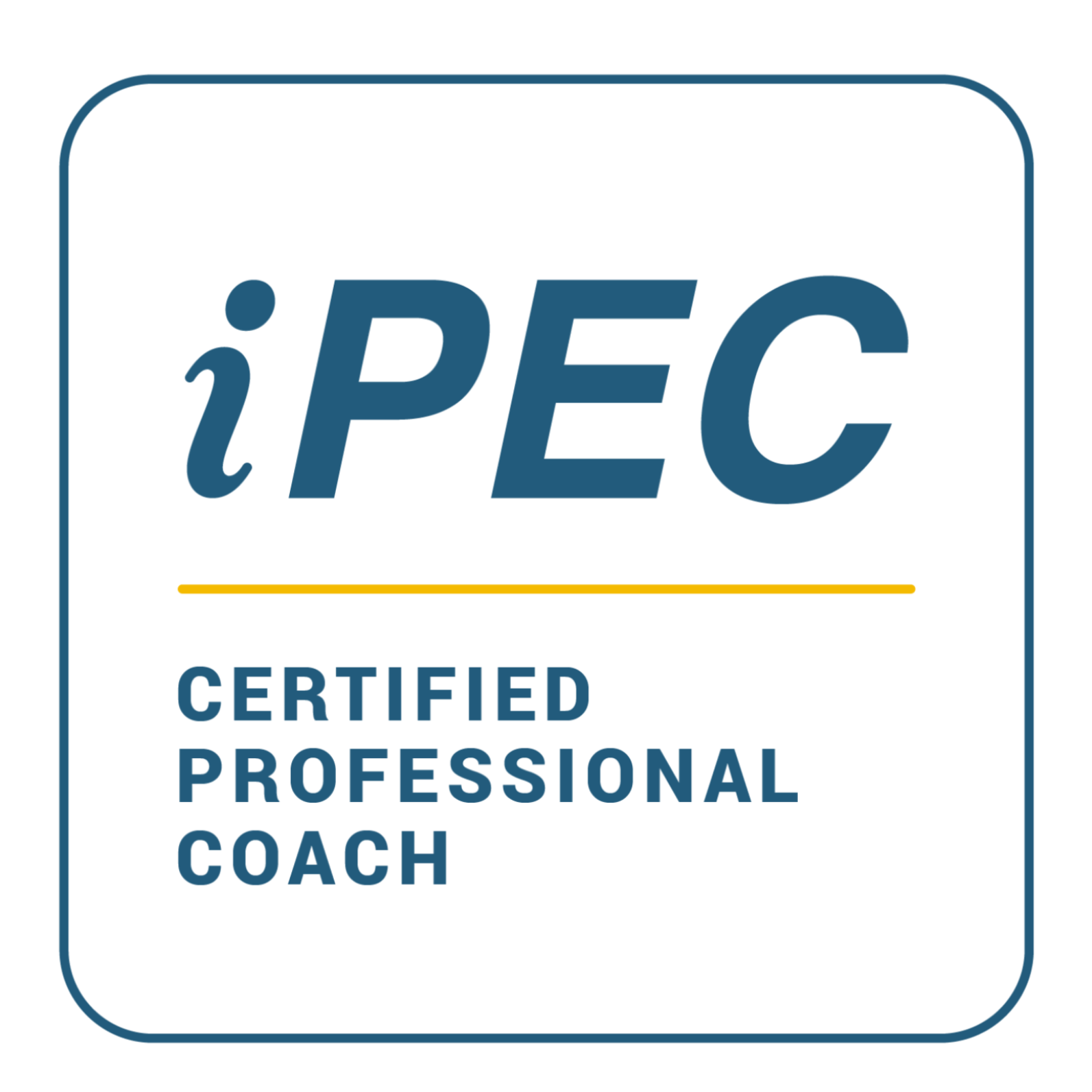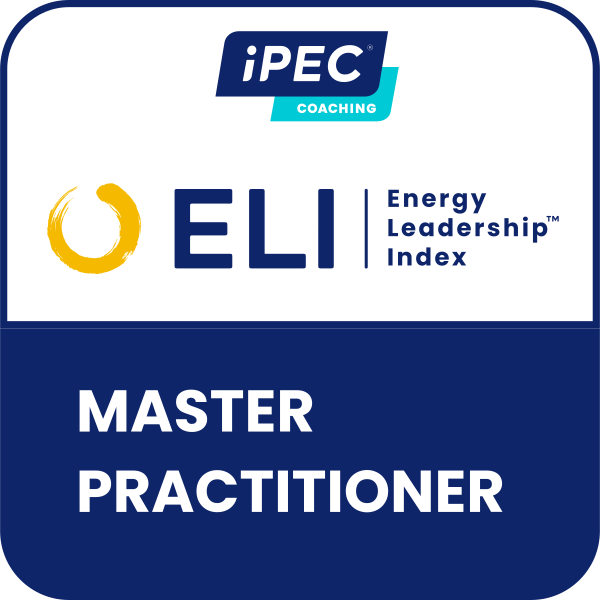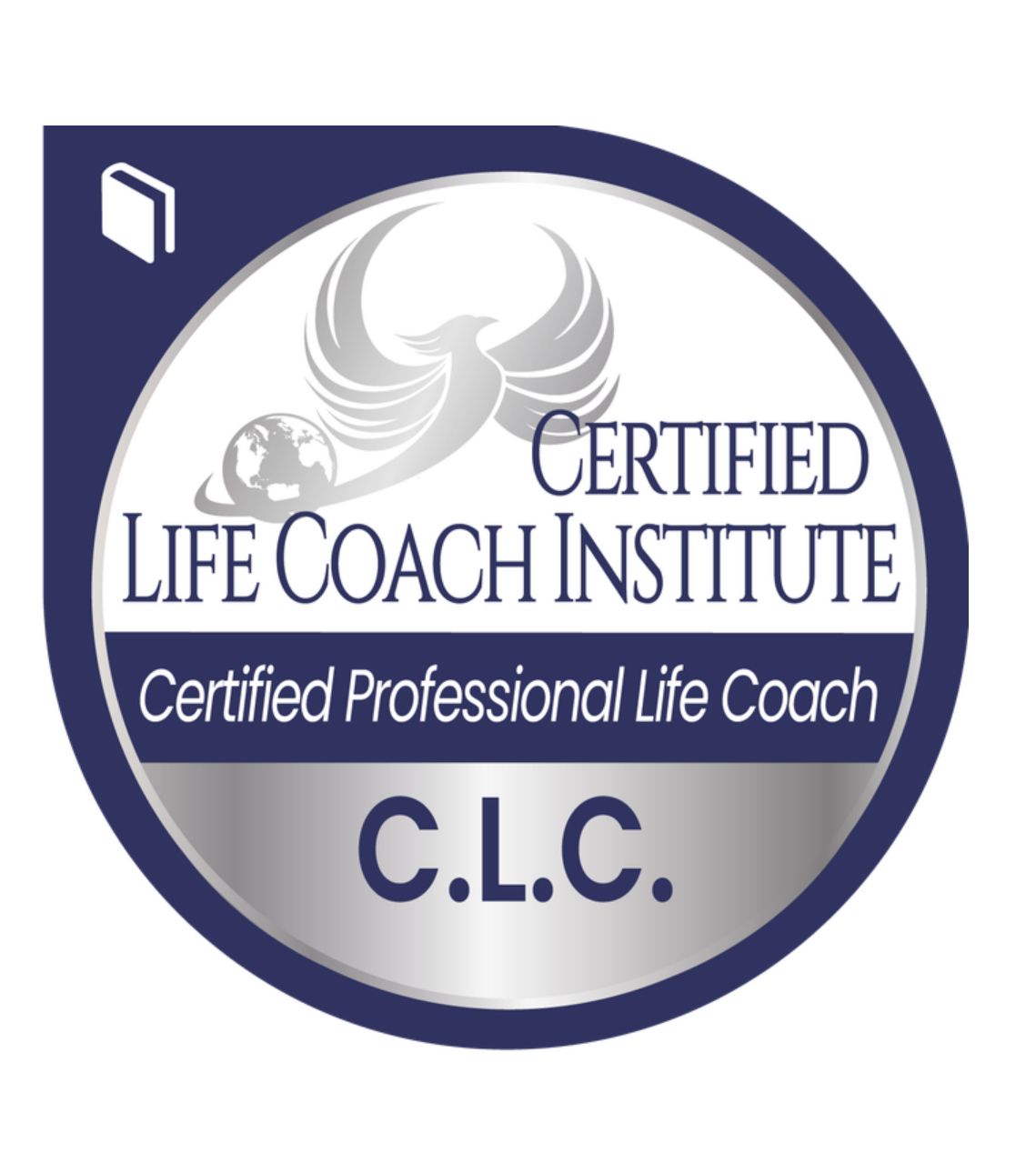
Conflict in relationships is inevitable, but how partners handle it can either deepen intimacy or drive a wedge between them. One common and harmful dynamic is when one partner’s need to defend themselves takes precedence over acknowledging and validating the other partner’s pain. This defense mechanism, while often unintentional, can erode trust, stifle communication, and leave both partners feeling disconnected and unheard.
Defensiveness is a natural response when we feel attacked or misunderstood. It stems from a desire to protect ourselves, whether from shame, guilt, or the fear of being perceived as “the bad guy.” However, in relationships, this self-protective instinct can become a barrier to deeper connection.
When one partner is more focused on proving they didn’t mean to hurt their partner or justifying their actions, it sends an implicit message: “Your feelings are less important than my innocence.” This message, whether intentional or not, can invalidate the hurt partner’s emotions, making them feel dismissed and alone.
Let’s take a look at the Ripple Effects of Prioritizing Defensiveness:
1. Emotional Disconnection: When pain is invalidated, it creates emotional distance. The hurt partner may stop sharing their feelings altogether, fearing further dismissal.
2. Resentment Builds: The lack of acknowledgment can breed resentment over time. Hurt feelings that go unvalidated often linger and grow, creating long-term tension in the relationship.
3. Conflict Becomes a Cycle: Without validation, arguments remain unresolved. The same issues resurface repeatedly, creating a loop of frustration and unmet needs.
4. Loss of Trust: Trust is built on the ability to feel seen and heard. When defensiveness overrides validation, the hurt partner may question whether their pain will ever be taken seriously.
Why Validation Matters More Than "Being Right"
Validation doesn’t mean agreeing with your partner or admitting fault. It simply means acknowledging their experience as real and important. Statements like, “I can see why that upset you,” or “I didn’t realize that came across that way; I’m sorry you felt hurt,” can significantly shift the tone of a conversation.
Validation does two critical things:
- It helps the hurt partner feel seen and valued.
- It diffuses the tension, making it easier to address the underlying issue collaboratively.
Balancing Self-Defense and Validation
Here’s the hard truth: you can defend your intent and validate your partner’s pain, but it requires intentionality.
Let’s look at some strategies on how to do this:
1. Pause Before Reacting: When you feel the urge to defend yourself, take a deep breath and remind yourself that validation is not the same as admitting fault.
2. Reflect on Impact vs. Intent: Your intent might not have been to hurt your partner, but their feelings are valid regardless. Focusing on the impact acknowledges their pain without negating your perspective.
3. Use “Both-And” Statements: Instead of “But I didn’t mean it that way,” try, “I didn’t mean it that way, and I’m sorry it upset you.” This approach bridges understanding while preserving your intent.
4. Prioritize Listening: Sometimes, your partner doesn’t need a solution or a justification; they need to feel heard. Repeat back what they’ve shared to show you understand their perspective.
Acknowledgment Heals Where Defensiveness Divides
In moments of conflict, it’s easy to feel like you’re on opposing sides. But relationships thrive when both partners remember they’re on the same team. Choosing validation over defensiveness doesn’t mean you’re “losing” the argument—it means you’re choosing the relationship.
By prioritizing acknowledgment and empathy, even in the heat of conflict, you create a space where both partners can feel seen, heard, and valued. And that, more than winning an argument, is what leads to lasting connection and growth.
The next time you’re in conflict, ask yourself: “Am I focused on protecting myself, or am I focused on protecting the connection?”
For more information on tools to navigate healthy relationships, check out our courses HERE




